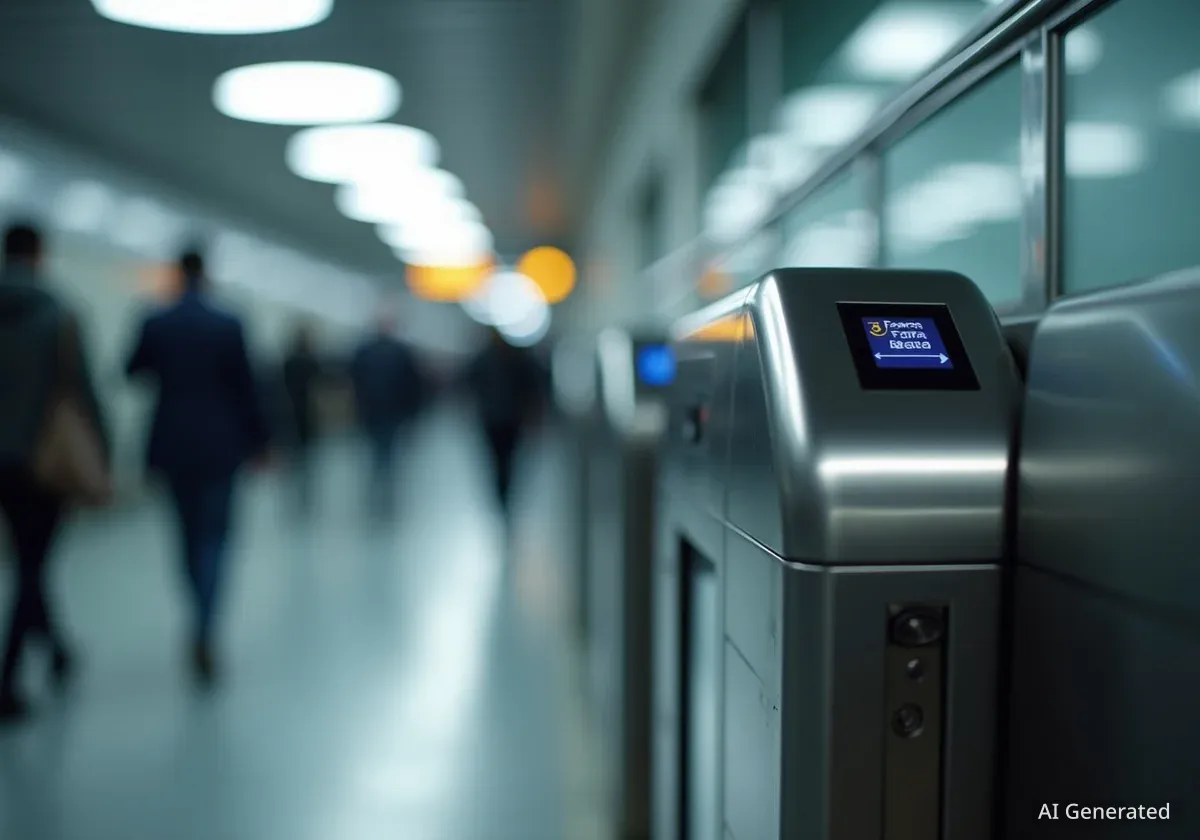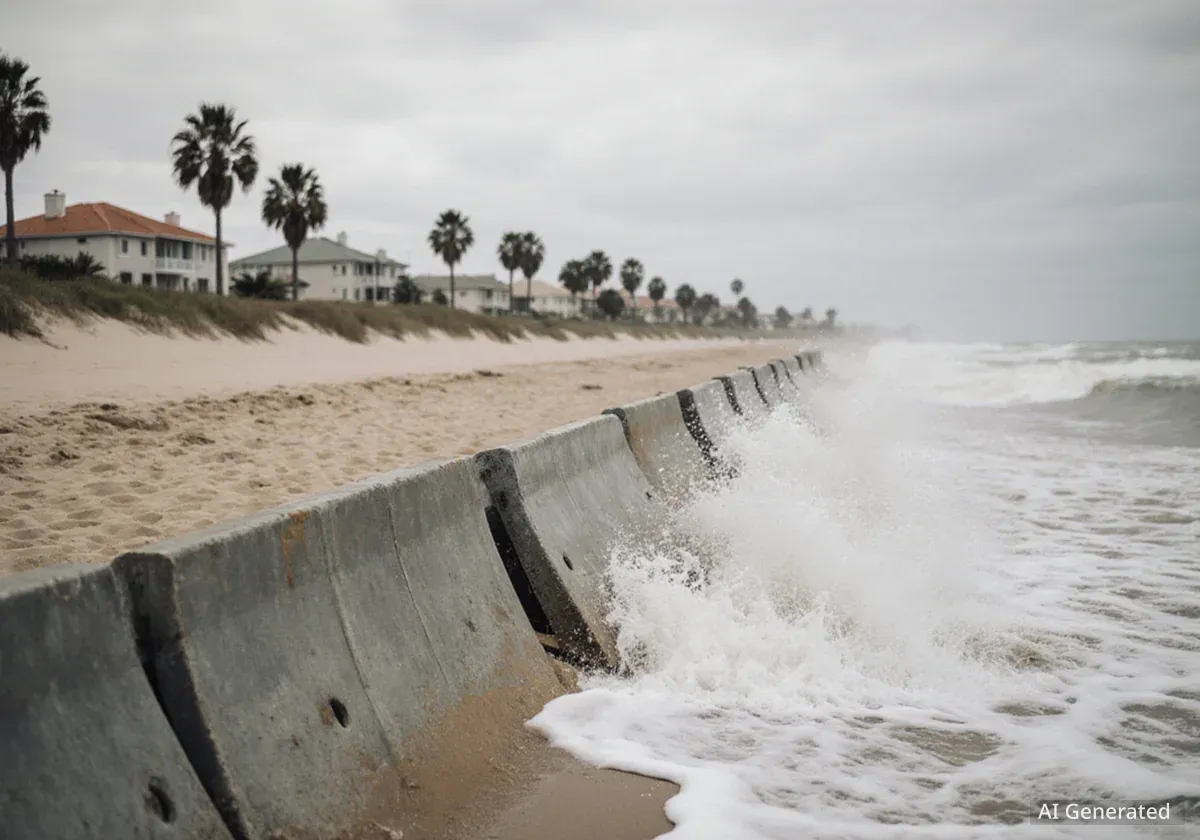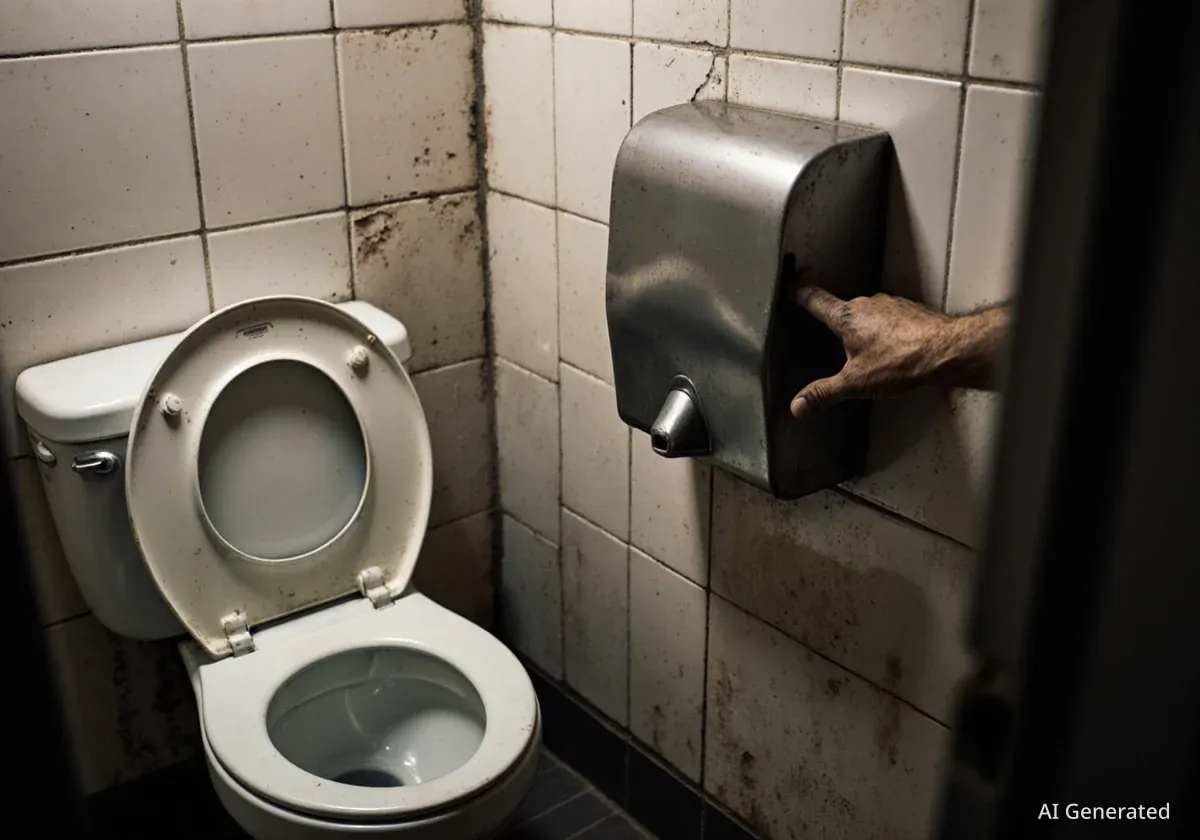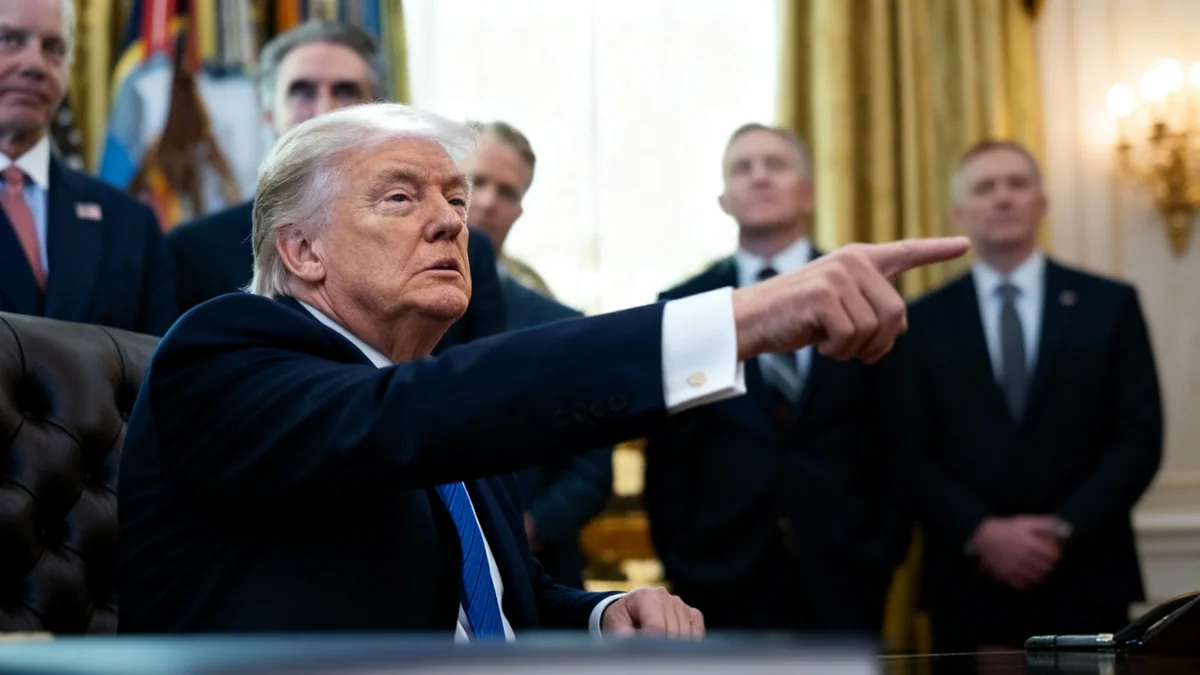Philadelphia's transit agency, SEPTA, has fully reinstated its services across all lines. This return to full operation comes with changes for riders, including increased fares and new measures to reduce fare evasion. The adjustments impact daily commuters and the agency's financial strategy.
Key Takeaways
- SEPTA has restored full service across its network.
- Single bus and subway fares increased from $2.50 to $2.90.
- Regional Rail fares rose by $1 to $2 per trip.
- New "3D fare gates" are being installed to combat fare evasion.
- SEPTA is using $394 million in capital funds to maintain operations.
New Fare Structure Takes Effect
Riders using SEPTA buses and subways now pay more for each trip. The cost for a single ride has increased from $2.50 to $2.90. This represents a 16% increase. Regional Rail services have also seen fare adjustments, with prices going up by $1 to $2 per trip, depending on the zone.
These fare hikes are part of SEPTA's strategy to generate revenue. Marie Harris, a resident of Southwest Philadelphia, noted the impact on household budgets.
"It is eating into other people's budgets, and they've had to make some sacrifices," she stated.
SEPTA Revenue Fact
Approximately 21% of SEPTA's total revenue comes directly from passenger fares, according to General Manager Scott Sauer.
Addressing Fare Evasion with New Technology
SEPTA is implementing new measures to reduce fare evasion. The agency is expanding the use of advanced fare gates designed to be more difficult to bypass. These are referred to as "3D fare gates."
Scott Sauer confirmed the early success of these new gates.
"We have already seen about a 10% decrease in fare evasion," Sauer reported.This reduction helps the agency recover lost revenue and ensures fairness among all riders.
Benjamin Moore, a rider from East Falls, expressed his view on fare evasion.
"It's a disservice to our city when people are doing that. Hopping the rails to get a free ride," Moore said.The agency aims to create a more equitable system for everyone.
Improved Service Reliability Noted by Riders
Despite the fare increases, some riders have observed positive changes in service quality since the full restoration. Benjamin Moore highlighted these improvements.
"Service is more frequent now, more reliable. I don't have to leave the house or plan ahead an hour like I used to," he commented.
However, not all riders are pleased with the overall situation. Marie Harris expressed frustration over the service disruptions that occurred before the restoration.
"I was mad because I think it should've never happened and they didn't do enough to prevent it," Harris stated.
Funding Challenges and Solutions
To maintain its operations and achieve full service restoration, SEPTA is utilizing $394 million from funds originally designated for capital improvements. These capital funds are typically used for long-term projects like infrastructure upgrades and equipment modernization.
The use of these funds highlights the financial pressures faced by the transit agency. Scott Sauer acknowledged the balancing act required.
"It's certainly a fine line we walk in trying to fund these projects," he explained, emphasizing that safety remains the top priority.
Future Financial Outlook and Advocacy
While transit funding was not a major point of contention in the current state budget, SEPTA officials aim to keep their financial needs visible to lawmakers. The agency projects that the currently allocated capital funds will be depleted within the next two years.
This timeline suggests a need for ongoing discussions regarding sustainable funding solutions for public transit. Ensuring long-term financial stability is crucial for SEPTA to continue providing reliable service and making necessary infrastructure investments.
- Budget Impact: The fare hikes are expected to contribute to SEPTA's operating budget, which supports daily services.
- Technological Investment: The deployment of 3D fare gates represents an investment in technology to improve operational efficiency and revenue collection.
- Legislative Engagement: SEPTA's continued engagement with state lawmakers is vital for securing future funding for both operations and capital projects.





